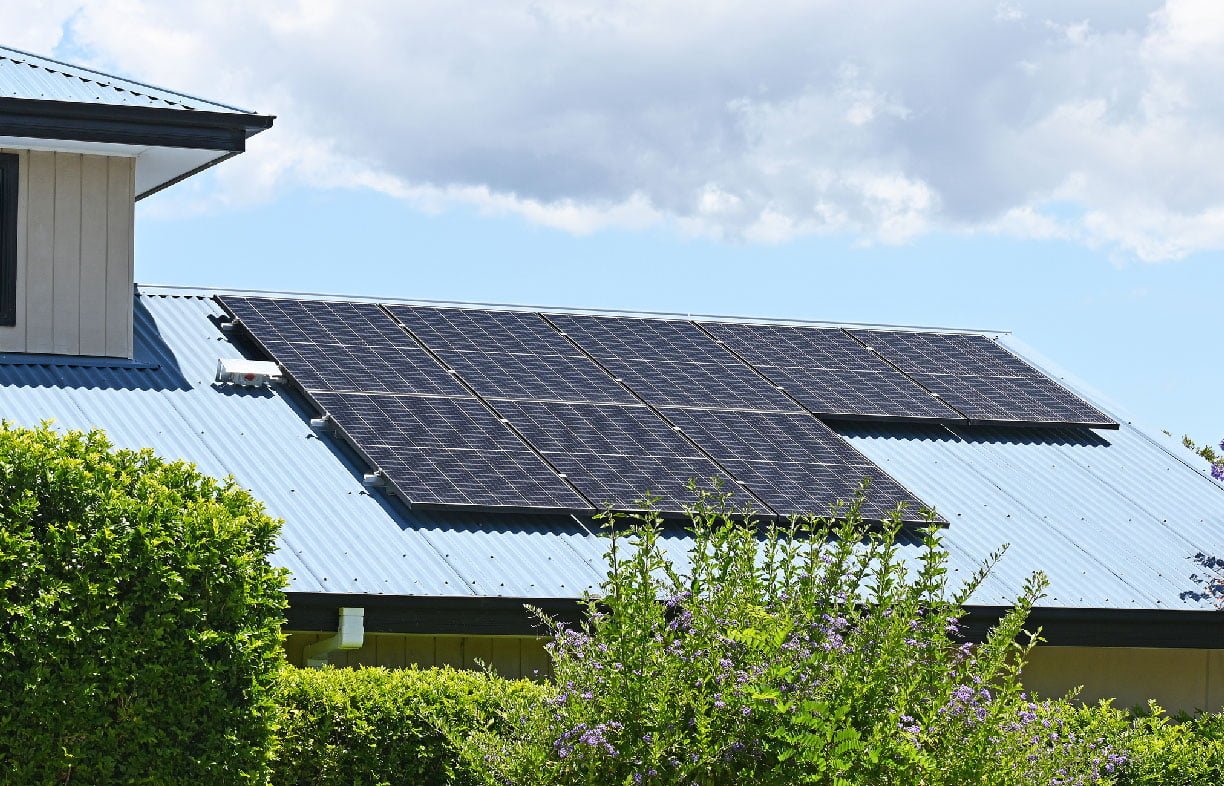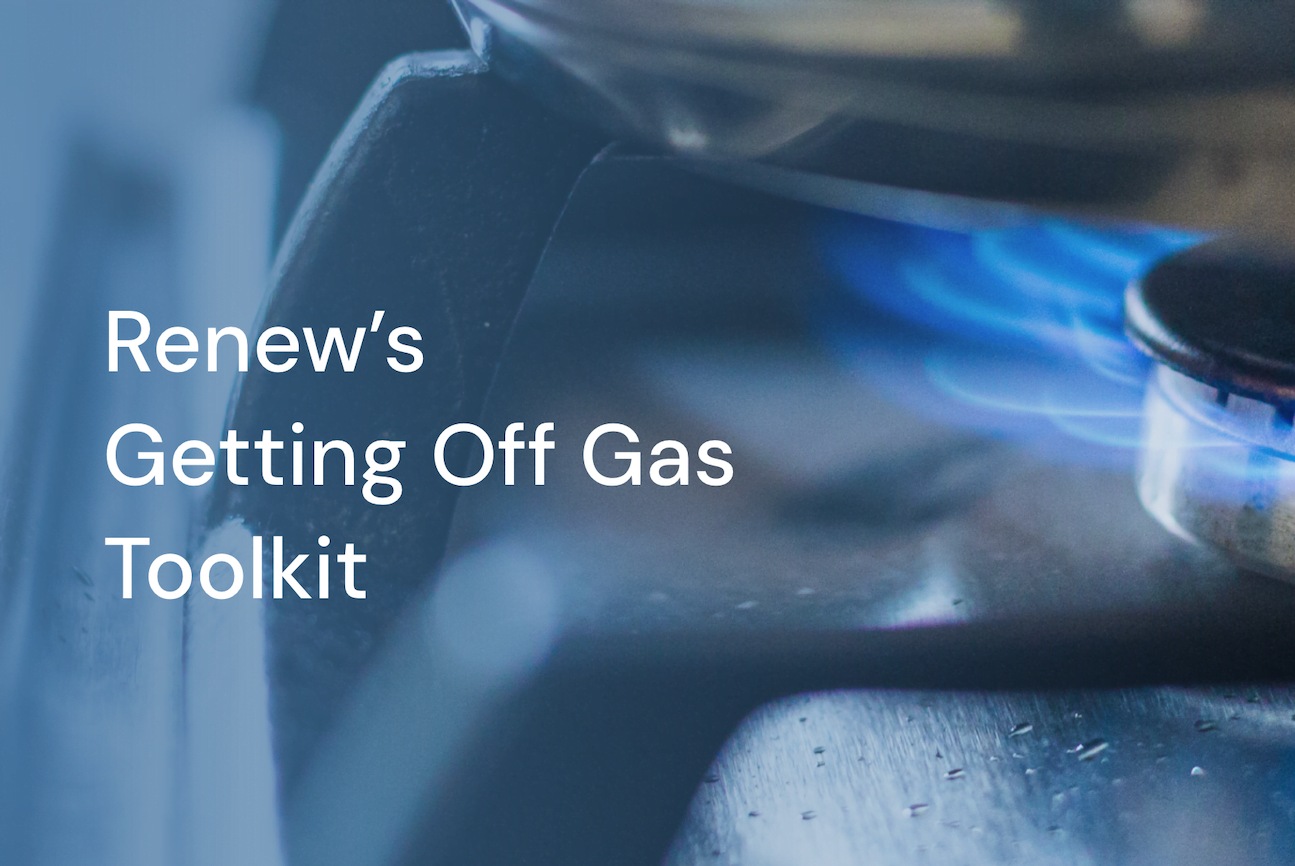Governments commit to funding electrification program for low income households in New South Wales

This week has seen yet another win for households, this time through the Australian and New South Wales governments who are collectively committing to bringing $206 million to energy saving upgrades for social housing properties in the state.
More than 24,000 social housing tenants will receive grants for upgrades including solar PV, hot water systems, ceiling fans, reverse-cycle air conditioners, insulation and draught proofing.
The Commonwealth government is also helping apartment residents access solar energy by subsidising rooftop solar installations and providing grants for purchasing a slice of a solar farm. Such subsidies provide access to cheaper energy solutions and can help address the cost-of-living for more than 30,000 disadvantaged households. More than 10,000 households will be able to access the Solar Banks program, which could save households up to $600 a year.
Considering 21.7% of dwellings in New South Wales are apartments, this is a significant investment in helping those without rooftop access to likewise access the cost and emissions benefits of solar energy.
Renew has been calling for governments to recognise the barriers that make the energy transition difficult for apartment dwellers, renters and social housing residents who depend on a range of external factors such as landlords and strata committees to replace appliances, while owner-occupier households on low incomes are less able to afford upfront costs.
For Australia to achieve the required scale of carbon emission reductions on a least-cost pathway to legislated targets, expanding access to solar alongside assistance to upgrade the thermal and energy efficiency of household appliances needs to be conducted at scale.
Renew believes that household electrification is the fastest and most cost effective way to reduce emissions while addressing the growing burden of energy on households, and is pleased that both Federal and state governments are united in addressing the needs of those least able to access funding and the long-term benefits of more efficient appliances.


